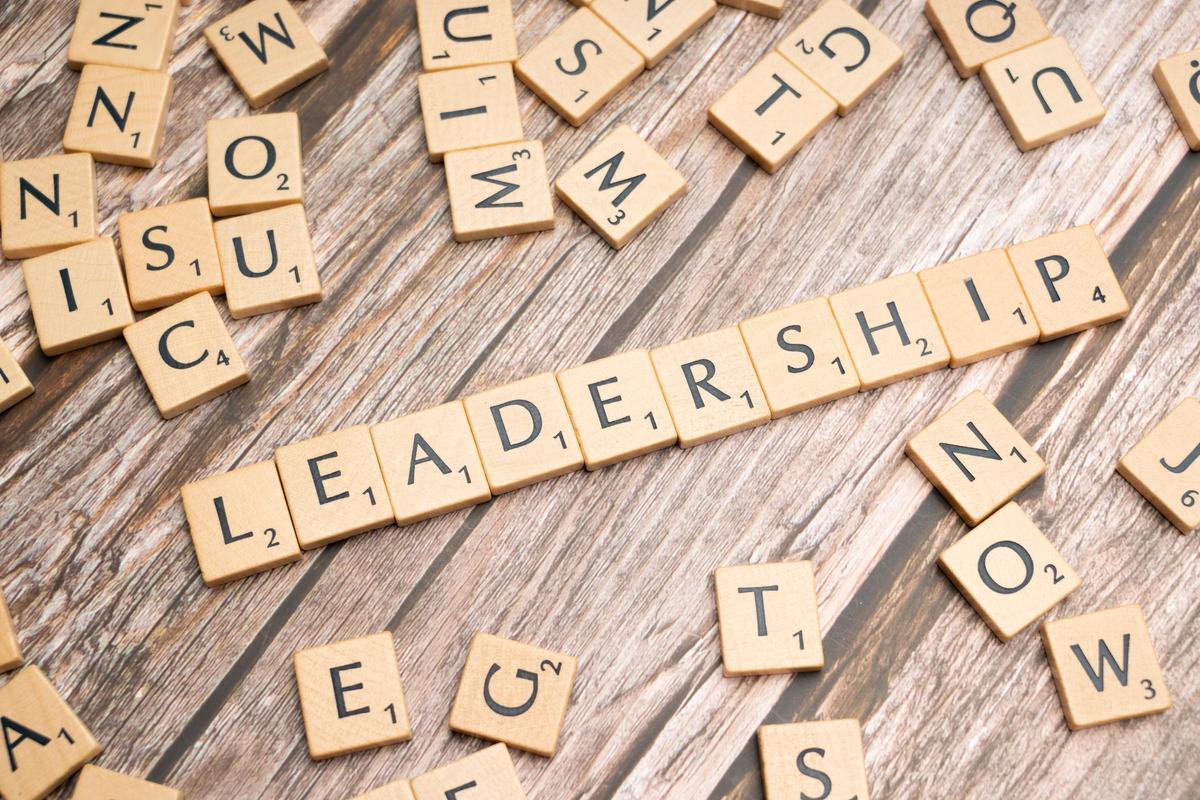Why Updating Leadership Skills in 2025 is Non-Negotiable
Leadership, like most disciplines, isn’t timeless. What worked a decade or two ago may no longer apply. Think of it this way: relying on dated leadership methods today is like holding on to a time when butter cost less than $5 a block, comical and ineffective in equal measure. The business landscape in 2025 demands leaders who are agile, empathetic, and capable of operating within evolving compliance frameworks. Staying up to date isn’t optional; it’s essential and adds to the commercial viability of every organisation.
Here we explore why modern leadership requires a dynamic skill set, the role of HR policies in guiding effective leadership, and practical ways leaders can ensure they’re keeping pace with the demands of today. Leaning into leadership might have been enough a decade ago, but not in the presence of AI and a broad range of generational leaders.
How Leadership Has Evolved
The Need for Faster Decision-Making
Leadership in 2025 moves at the speed of light, or at least it feels that way as I wake and think of the ‘planned’ day ahead. With rapid technological advancements, global communication, high unemployment and market volatility, leaders are expected to make decisions in real time without missing a beat. Outdated leadership, built on slow consideration of information, hierarchical approval processes, can’t keep up. For instance, workplace disruptions can arise suddenly, whether due to global challenges like supply chain breakdowns or localised events like employee conflicts. A skilled leader in 2025 needs, not just the vision, but also the tools to quickly assess these complex situations and act decisively. To own the problem from start to finish, be inclusive, seek guidance and not be afraid to get it wrong.
Recognising Teams as Individuals
Gone are the days when employees were viewed primarily as interchangeable cogs in a machine. Today’s workplace prioritises human centric leadership, a focus on employees as individuals with unique strengths, challenges, and needs. A whole person with a life outside of work, life stress, family, hobbies, reliant parents, the list goes on. Highly skilled leaders understand how to foster inclusion, empathy, and collaboration within their teams. For example, consider the growing importance of mental health in the workplace. Leaders must be attuned to signals of burnout or disengagement, offering flexible solutions such as hybrid work models or supportive resources. Without these “people-focused” skills, leaders risk wearing out their top talent and weakening their organisation’s culture.
Compliance as a Leadership Foundation
Another critical aspect of modern leadership is adherence to updated compliance standards. These encompass everything from labour laws to diversity and inclusion mandates. A leader who hasn’t refreshed their understanding of these guidelines can inadvertently leave their organisation vulnerable to legal and reputational risks. Compliance as the ground rules of leadership, it’s not just paperwork. It is about creating a fair and equitable workplace. Leaders who operate within these guardrails also create environments where employees feel protected and respected, which ultimately improves team morale and productivity.
What Happens When Leadership Skills Go Stale
When leadership skills remain stagnant, unintended consequences often follow. It’s not a lack of care or effort, but rather a mismatch between old habits and modern workplace demands. Here’s how outdated leadership manifests in practice:
- Missed Compliance Standards
Leadership lapses could mean unintentionally overlooking important compliance obligations. For example, outdated knowledge of health and safety policies may result in improper handling of life saving precautions.
- Reduced Team Engagement
A leader operating with an “old-school” mindset might adopt a one-size-fits-all approach to management, leadership isn’t the same as management. This rigidity can alienate employees, especially in an era when personalisation and empathy are increasingly valued.
- Inefficiency in Decision-Making
Leaders who cling to older models may delay critical decisions due to a reliance on overcomplicated approval processes or an aversion to risk. This indecision may cause missed opportunities, especially in competitive markets.
To keep up with the demands of leadership in 2025, leaders must continuously update their skills. The good news? It’s never too late to grow.
Here’s how to start:
- Find a training partner who you can trust, an organisation that has aligned values and the capability to meet your demands.
- Stay aware of changing compliance or leadership insights based off science.
- Talk with your peers and teams and seek feedback on your leadership style.
- Review your culture, there is no greater indication on the quality of your leaders than your company culture.
Final Thoughts
Leadership in 2025 requires more than experience and intuition, it demands adaptability, empathy, and a commitment to growth. Whether it’s mastering faster decision-making, understanding your team as individuals, or adhering to compliance standards, updated skills are critical for success.
Like the rising cost of butter, the workplace has changed, and pretending otherwise doesn’t benefit anyone. By investing in education, seeking feedback, and partnering with HR, leaders can stay relevant and effective.
Thankfully the cost of your NZIM Subscription hasn’t increased in years, we are here to support you and your business because that is our purpose, and we know the positive impact great leaders have to your people and bottom line.
